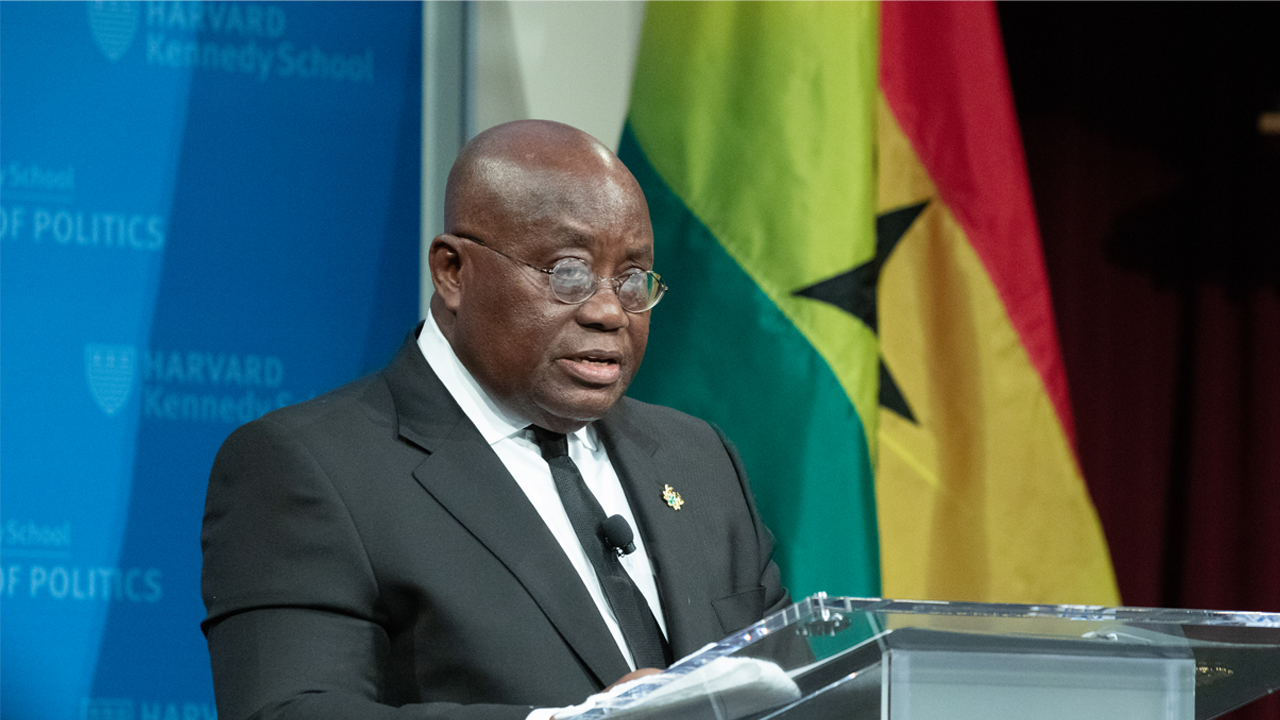The start of commercial crude production helped propel the West African country to the top of the continent’s investment list, but it also prompted successive governments to borrow to the max. Fearful investors have sold Ghana’s bonds and currency, the cedi, as concerns grow about the country’s ability to repay its debts.
The falling exchange rate has caused a rise in the prices of basic necessities such as milk and bus tickets, prompting the central bank to raise interest rates sharply. In anticipation of an oil windfall, the government abandoned fiscal discipline and opened the spending taps. However, the revenue it generated was insufficient to cover a series of costly flagship programs, and the budget deficit rocketed as borrowing increased to fill funding gaps. Overspending was especially prevalent during election years.
President Nana Akufo-Addo’s administration scrapped fees for all senior high school students and paid for their upkeep and accommodation. In 2021, the government spent $1 billion on refinancing loans taken out by indebted private power producers, a move that was intended to reduce its electricity bills. A plan to strengthen a banking industry that’s been weakened by bad loans has cost taxpayers more than $2.5 billion.
The COVID-19 dealt a further blow to the state’s already stretched finances. After selling Eurobonds for each of the previous nine years, it was shut out of international capital markets in 2022 as investors lost confidence in Ghana’s ability to service its debts.
The government turned down an initiative that would have allowed it to suspend loan servicing and vowed not to seek additional IMF assistance before changing its tune in July 2022. With the economy in shambles, Akufo-Addo’s administration has requested $3 billion in aid from the International Monetary Fund.

